France is hosting the eighth edition of the FIFA Women's World Cup this summer, using nine stadiums across as many host cities.
Here is a look at the places that will stage the 52 matches in June and July...
Grenoble (Stade des Alpes)

- Capacity: 20,068
- Matches: Brazil v Jamaica (June 9), Nigeria v South Korea (June 12), Jamaica v Australia (June 18), one last-16 game (June 22)
Situated at the foot of the French Alps where the river Drac joins the Isere, Grenoble has a history in the development of glove-making and hydropower. However, more recently it has become one of the most important centres of scientific research in Europe. The stadium was built on the site of the old Stade Charles-Berty, which was demolished in 2003, and has been home to Grenoble Foot 38 since it opened in February 2008. The city's rugby team FC Grenoble Rugby also play there.
Le Havre (Stade Oceane)
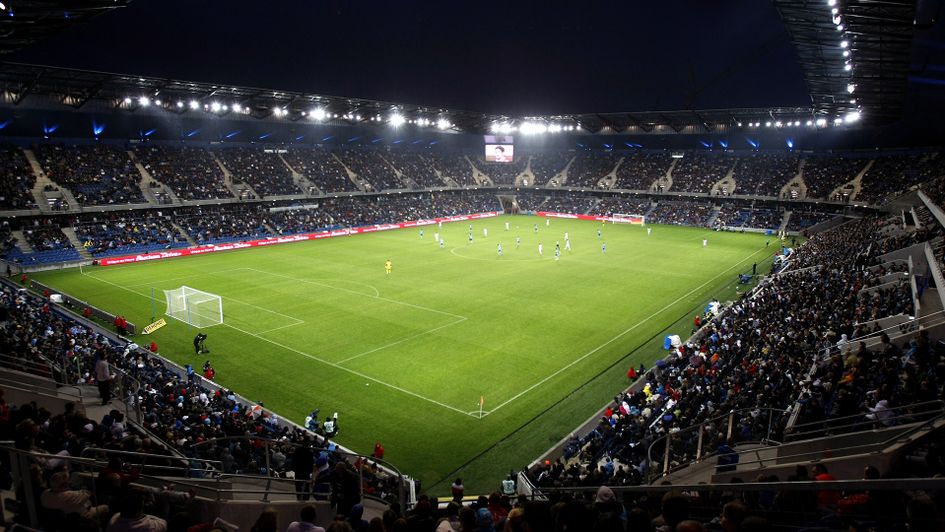
- Capacity: 25,178
- Matches: Spain v South Africa (June 8), New Zealand v Netherlands (June 11), England v Argentina (June 14), China v Spain (June 17), Sweden v USA (June 20), one last-16 game (June 23), one quarter-final game (June 27)
Situated on the right bank of the river Seine estuary, the city and port were founded by King Francis I in 1517. Le Havre was almost completely destroyed during the Second World War but architect Auguste Perret oversaw a total rebuild between 1945 and 1964 and the city was designated a UNESCO World Heritage Site in 2005. Its port is the second largest in France for total traffic, behind Marseille, and the busiest for container cargo in the country. Le Havre AC play at the stadium, which was opened in 2012 to replace the Stade Jules Deschaseaux.
Lyon (Groupama Stadium/Stade de Lyon)

- Capacity: 57,900
- Matches: Both semi-finals (July 2-3) and the final (July 7)
The third largest city in France is located at a natural crossroads between the Rhone valley, the Massif Central and the Alps at the confluence of the rivers Rhone and Saone. Lyon is known for its cuisine and gastronomy, and its painted walls and murals. It is where Auguste and Louis Lumiere invented cinematography in 1895. The stadium replaced the Stade de Gerland in January 2016 and later that year hosted six matches at the European Championships. It also staged the 2018 Europa League final between Marseille and Atletico Madrid.
Montpellier (Stade de la Mosson)
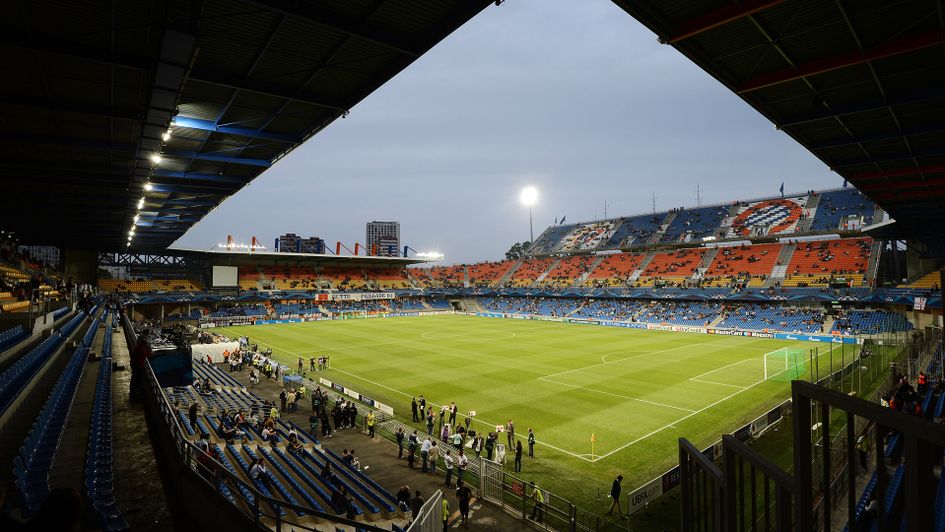
- Capacity: 32,900
- Matches: Canada v Cameroon (June 10), Australia v Brazil (June 13), South Africa v Germany (June 17), Cameroon v New Zealand (June 20), one last-16 game (June 25)
Montpellier is the third-largest French city on the Mediterranean coast after Marseille and Nice and the seventh-largest city in France. It is the fastest-growing city in the country over the past 25 years and almost one third of the population are students - attending its internationally renowned universities and schools of higher education. Montpellier enjoys 300 days of sunshine a year. The Stade de la Mosson is home to Montpellier HSC and was entirely rebuilt in 1998 to host six World Cup matches later that year. It was also used as a venue for the 2007 Rugby World Cup.
Nice (Allianz Riviera/Stade de Nice)
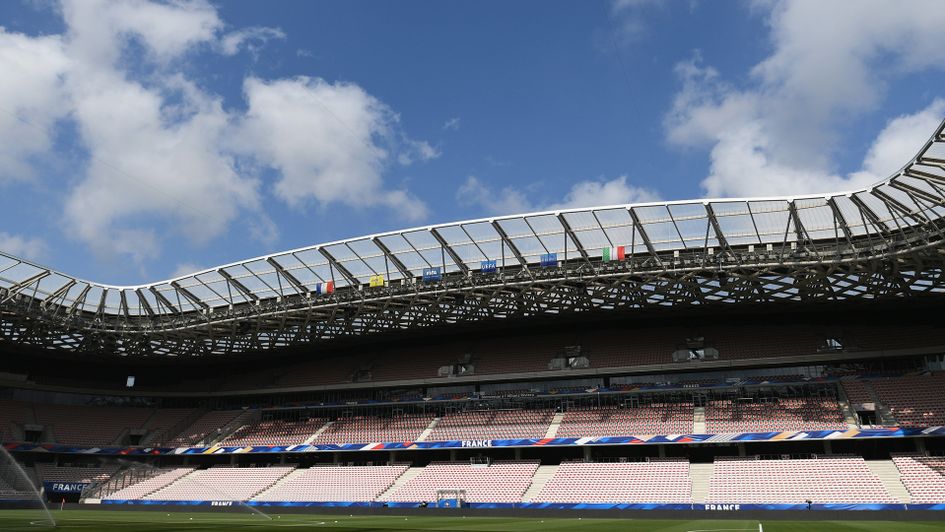
- Capacity: 35,624
- Matches: England v Scotland (June 9), France v Norway (June 12), Sweden v Thailand (June 16), Japan v England (June 19), one last-16 game (June 22), third-place play-off game.
The most easterly city to stage games, Nice is nestled between sea and mountains close to the Italian border and was actually part of Italy up until 1860. Around four million tourists visit Nice every year, making it the economic and cultural capital of the Cote d'Azur. Founded in 1904, its football club is one of the oldest in France and the stadium, also used by rugby union club Toulon, staged four matches during Euro 2016 - including England's last-16 defeat to Iceland.
Paris (Parc des Princes)
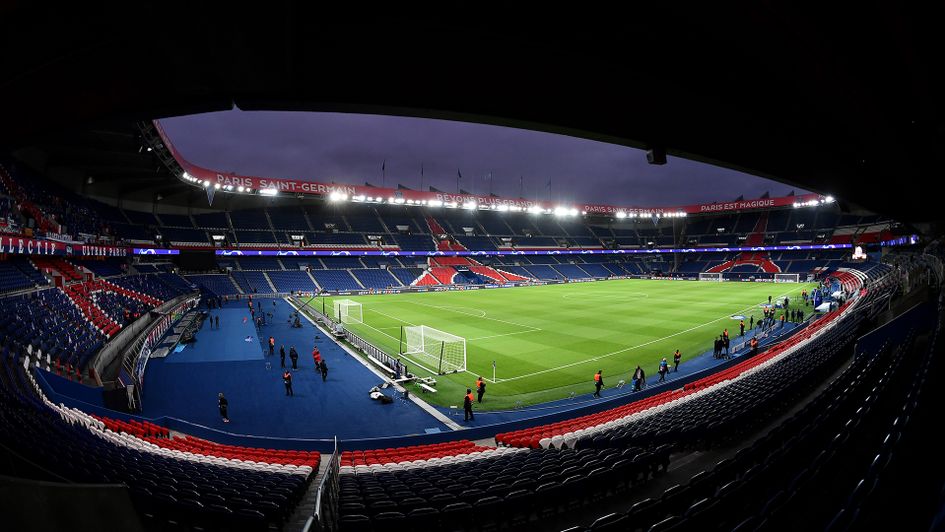
- Capacity: 48,583
- Matches: France v South Korea (June 7), Argentina v Japan (June 10), South Africa v China (June 13), USA v Chile (June 16), Scotland v Argentina (June 19), one last-16 game (June 24), one quarter-final game (June 28)
The French capital has hosted games at two men's World Cups - 1938 and 1998 - and hosts France will get the women's competition under way at this venue. The stadium has been the home of Paris Saint Germain since 1974. Prior to the Stade de France opening in 1998, it was also where the French national football and rugby union teams played their home fixtures. The current Parc des Princes, this is the third, has hosted five European club football finals - the European Cup final in 1975 and 1981, the 1978 European Cup Winners' Cup final, the 1995 UEFA Cup Winners' Cup final and the 1998 UEFA Cup final. It has also staged games at the 1998 World Cup and Euro 2016 and was the venue for the 1984 European Championships final.
Reims (Stade Auguste-Delaune)

- Capacity: 21,127
- Matches: Norway v Nigeria (June 8), USA v Thailand (June 11), Jamaica v Italy (June 14), South Korea v Norway (June 17), Netherlands v Canada (June 20), one last-16 game (June 24)
Historically the city was the traditional site of the crowning of the kings of France, while the drink champagne originated nearby and remains a major economic driving force for Reims today. The city's football team has played in two European Cup finals - losing each time to Real Madrid in 1956 and 1959. The Stade Auguste-Delaune was built on the site of the old stadium and opened in December 2008 as a multi-purpose venue.
Rennes (Roazhon Park)
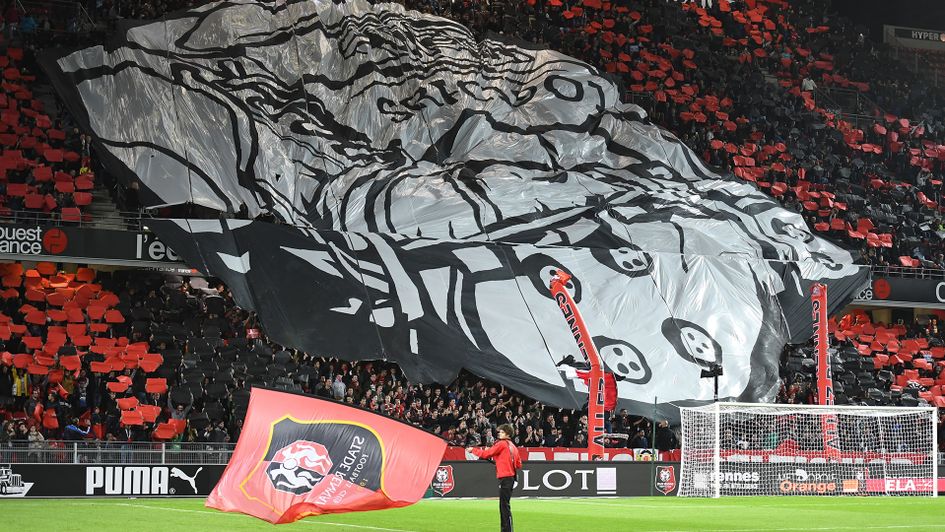
- Capacity: 29,164
- Matches: Germany v China (June 8), Chile v Sweden (June 11), Japan v Scotland (June 14), Nigeria v France (June 17), Thailand v Chile (June 20), one last-16 game (June 25), one quarter-final game (June 29)
The most westerly host city, the capital of the region of Brittany lies at the confluence of the river Ille and the river Vilaine. During the 1980s, Rennes became a hub for telecommunication and high technology industry, and it is now a significant digital innovation centre in France. Rennes have played at Roazhon Park since 1912 and it was rebuilt in 2001. Its record attendance of 29,100 was set in March this year against Arsenal in the Europa League.
Valenciennes (Stade du Hainaut)
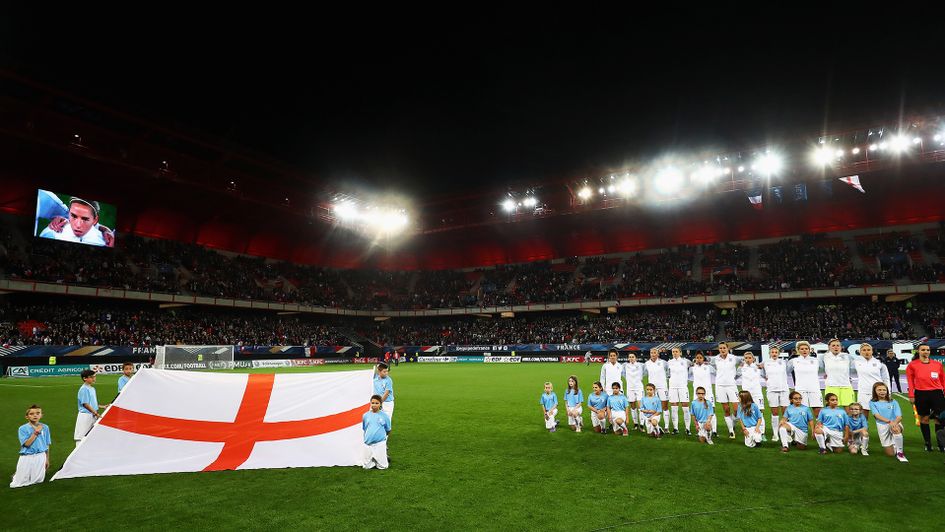
- Capacity: 25, 172
- Matches: Australia v Italy (June 9), Germany v Spain (June 12), Netherlands v Cameroon (June 15), Italy v Brazil (June 18), one last-16 game (June 23), one quarter-final game (June 29)
The most northerly city to stages matches, Valenciennes lies on the Scheldt river and was once the heartbeat of the old steel and textiles industry in the area. The stadium is the home of Valenciennes FC and replaced the Stade Nungesser in July 2011. The likes of Roger Milla, Jorge Burruchaga and Carlos Sanchez have played for the city's football team.









